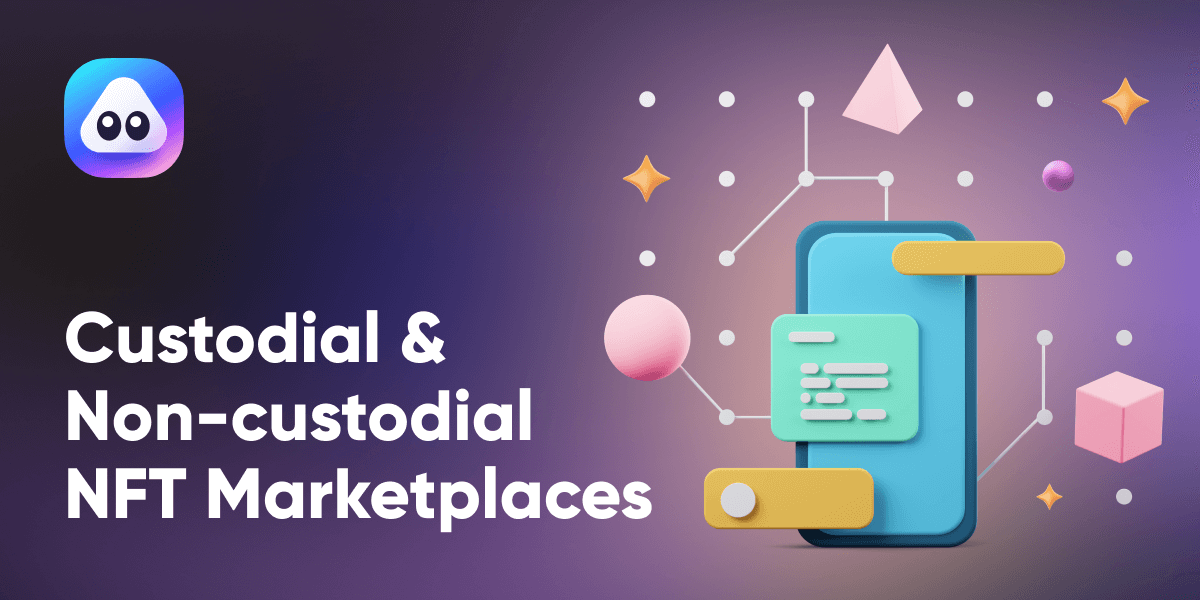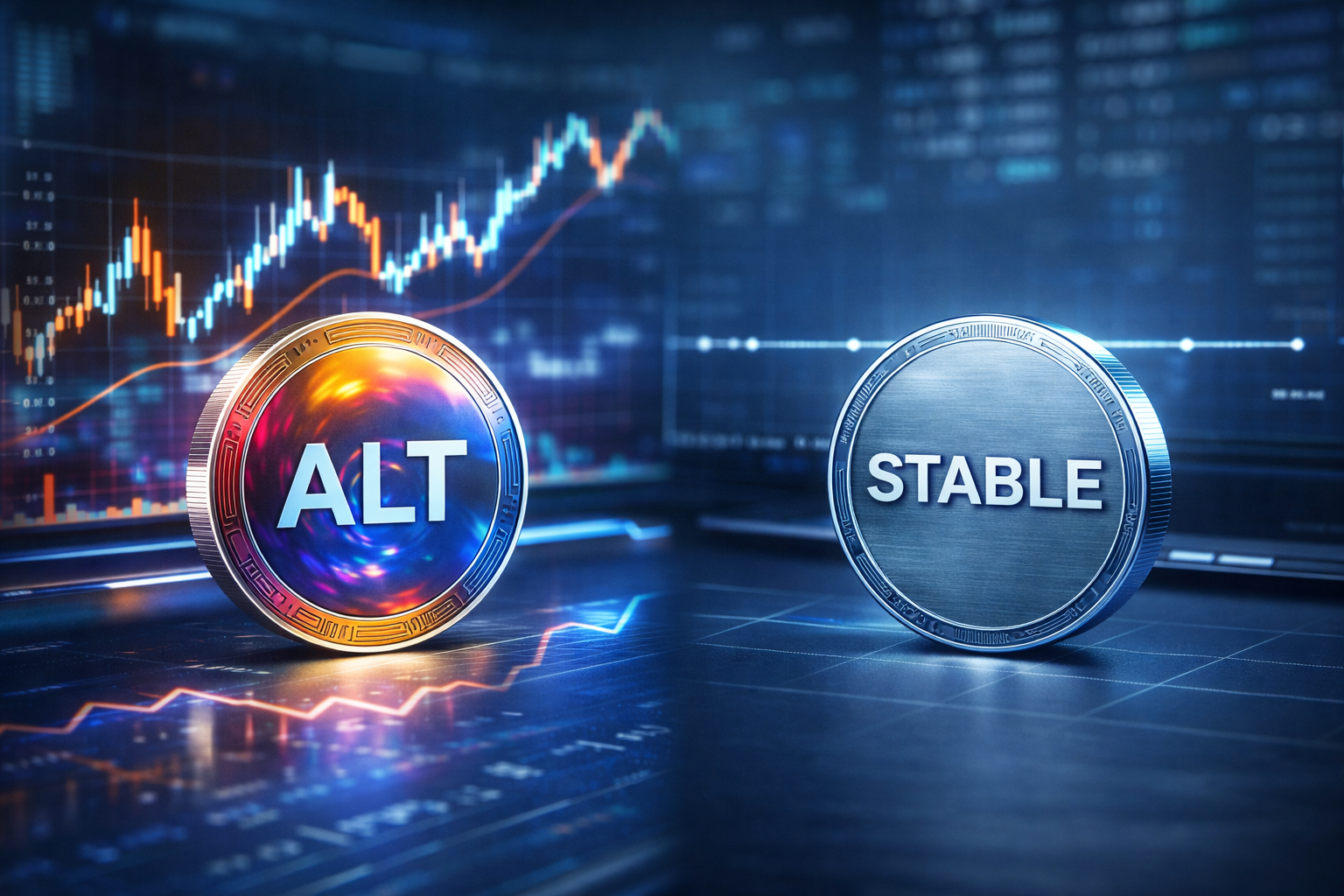
James Carter
NFT Custodial Wallet: A Secure Solution for Storing Your NFTs

As the popularity of NFTs (non-fungible tokens) continues to rise, the need for a secure and reliable storage solution for these unique digital assets becomes increasingly crucial. A custodial wallet for NFTs provides a safe and efficient method of managing and storing these valuable digital assets.
In this article, we’ll explore the features and benefits of NFT custodial wallets, as well as provide examples of popular wallets, best practices for using them, and insights into the future of NFT custodial wallets.
I. NFT Custodial Wallets
NFTs are unique digital assets that are stored on a blockchain, providing a record of ownership and proof of authenticity. These assets include digital art, music, videos, and other forms of media that can be bought and sold as a one-of-a-kind item.
NFTs have become increasingly popular, with sales reaching record-breaking numbers in recent months. As the market for NFTs continues to grow, it’s important to have a secure and reliable storage solution for these valuable digital assets. A custodial wallet for NFTs provides a solution to this problem.
II. What is an NFT Custodial Wallet?
A custodial wallet is a type of digital wallet where a third-party service provider manages the private keys and stores the digital assets on behalf of the user. In the case of an NFT custodial wallet, the service provider manages the private keys associated with the user’s NFTs and stores the NFTs on a blockchain.
NFT custodial wallets provide a secure and convenient method of managing NFTs. By storing NFTs in a custodial wallet, users can be sure that their assets are secure and protected from loss or theft. Additionally, custodial wallets typically offer a user-friendly interface for managing NFTs, making it easy for even novice users to buy, sell, and trade NFTs.
III. Features of an NFT Custodial Wallet
NFT custodial wallets typically offer a range of features designed to make managing and storing NFTs easy and secure. Some of the key features of an NFT custodial wallet include the following:
1. Secure Storage for NFTs
One of the most critical features of an NFT custodial wallet is secure storage for NFTs. Custodial wallets typically use advanced security measures such as multi-factor authentication, encryption, and offline storage to protect users’ NFTs from loss or theft.
2. Easy Management of NFTs
NFT custodial wallets typically provide a user-friendly interface for managing NFTs. This can include features such as easy buying and selling of NFTs, simple tracking of NFT holdings, and intuitive tools for managing NFTs.
3. Integration with Popular Marketplaces and Platforms
Many NFT custodial wallets offer integration with popular NFT marketplaces and platforms such as OpenSea, Rarible, and SuperRare. This makes it easy for users to buy, sell, and trade NFTs from within the wallet interface.
4. Support for Multiple Blockchains and NFT Standards
NFTs can be stored on a variety of different blockchains, each with its own unique NFT standard. NFT custodial wallets typically support a range of different blockchains and NFT standards, making it easy for users to store and manage NFTs regardless of the blockchain they’re stored on.
IV. Benefits of Using an NFT Custodial Wallet
Using an NFT custodial wallet provides a range of benefits for NFT holders. Some of the key benefits of using an NFT custodial wallet include the following:
1. Improved Security for NFTs
By storing NFTs in a custodial wallet, users can be sure that their assets are stored securely and protected from loss or theft. Custodial wallets typically use advanced security measures such as multi-factor authentication, encryption, and offline storage to ensure that NFTs are protected at all times.
2. Simplified Management of NFTs
NFT custodial wallets provide an easy-to-use interface for managing NFTs, making it simple for even novice users to buy, sell, and trade NFTs. This can include features such as simple tracking of NFT holdings, intuitive tools for managing NFTs, and integration with popular NFT marketplaces and platforms.
3. Better Accessibility to NFTs
NFT custodial wallets provide users with easy access to their NFTs from anywhere in the world. Users can easily manage and view their NFTs without having to worry about physical storage or security concerns.
4. Increased Liquidity for NFTs
By using an NFT custodial wallet, users can easily buy, sell, and trade NFTs with other users around the world. This provides increased liquidity for NFTs, making it easier for users to buy and sell NFTs at fair market prices.
WATCH THE VIDEO BELOW FOR MORE CLARIFICATIONS.
V. Examples of Popular NFT Custodial Wallets
There are several popular NFT custodial wallets available on the market today. Here are some examples of popular NFT custodial wallets and their features:
- MetaMask
MetaMask is a popular NFT custodial wallet that supports a range of different blockchains and NFT standards. The wallet provides secure storage for NFTs and integration with popular NFT marketplaces such as OpenSea.
- Coinbase Wallet
Coinbase Wallet is a custodial wallet offered by Coinbase, one of the largest cryptocurrency exchanges in the world. The wallet provides secure storage for NFTs and integration with popular NFT marketplaces such as OpenSea and Rarible.
- Trust Wallet
Trust Wallet is a popular NFT custodial wallet that supports a range of different blockchains and NFT standards. The wallet provides secure storage for NFTs and integration with popular NFT marketplaces such as OpenSea and SuperRare.
VI. Best Practices for Using an NFT Custodial Wallet
Here are some best practices for using an NFT custodial wallet:
1. Keep Private Keys Secure
When using an NFT custodial wallet, it’s important to keep private keys secure. Users should never share their private keys with anyone and should always use secure passwords and multi-factor authentication to protect their accounts.
2. Regularly Backup NFTs
Users should regularly back up their NFTs to ensure that they can recover their assets in the event of a lost or stolen device.
4. Research Wallet Providers
Before choosing an NFT custodial wallet, users should research the providers to ensure they offer reliable and secure services.
5. Stay Up-to-Date on NFT Standards
As new NFT standards and blockchains emerge, it’s important for users to stay up-to-date on the latest developments to ensure that they can effectively manage and store their NFTs.
VII. Future of NFT Custodial Wallets
As the market for NFTs continues to grow, the demand for secure and reliable storage solutions will only increase. In the future, we can expect to see more advanced features and capabilities added to NFT custodial wallets, such as enhanced security measures and integration with more NFT marketplaces and platforms.
However, the increasing popularity of NFTs also presents challenges for custodial wallets, such as scaling to meet the needs of a growing user base and ensuring that NFTs remain secure in an increasingly complex digital landscape.
Summary
An NFT custodial wallet provides a secure and convenient method of managing and storing NFTs. By providing secure storage, simplified management, increased accessibility, and increased liquidity, NFT custodial wallets offer a range of benefits to users.
There are several popular NFT custodial wallets available on the market today, such as MetaMask, Coinbase Wallet, and Trust Wallet. To ensure that NFTs remain secure, users should follow best practices such as keeping private keys secure, regularly backing up NFTs, researching wallet providers, and staying up-to-date on NFT standards.
As the market for NFTs continues to grow, we can expect to see continued development and innovation in the area of NFT custodial wallets. However, it’s important for users to remain vigilant and informed to ensure that their NFTs remain secure and protected at all times.
Overall, NFT custodial wallets offer a secure and reliable solution for managing and storing NFTs, providing users with easy access to their assets and a range of features and capabilities to help them make the most of their NFT investments.
Latest
NFT
03 Feb 2026












